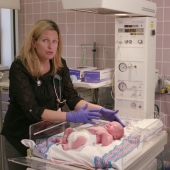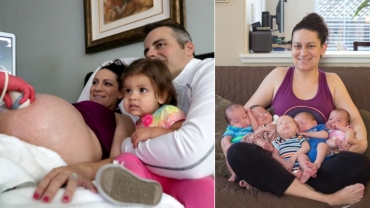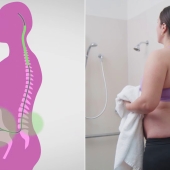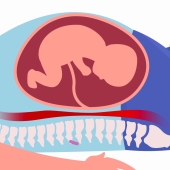Most mothers report that having a child affects every part of their lives. But how do pregnancy and childbirth affect their brains? The early postpartum period is associated with increased risk for affective and psychotic disorders. Because maternal dopaminergic reward system function is altered with perinatal status, dopaminergic system dysregulation may be an important mechanism of postpartum psychiatric disorders.
Motherhood may actually cause the brain to grow, not turn it into mush, as some have claimed. Exploratory research published by the American Psychological Association found that the brains of new mothers bulked up in areas linked to motivation and behavior, and that mothers who gushed the most about their babies showed the greatest growth in key parts of the mid-brain.
Indeed, mothers distinguish themselves quite obviously in how they react to smells. Whereas virgin female rats find the odors of infants noisome, once they become pregnant those smells attract them. Human mothers also demonstrate these effects, as psychologist Alison Fleming of the University of Toronto Mississauga and her colleagues reported. They found that mothers are much more likely to rate their infants' odors as pleasant, as compared with non-mothers.
- 221 views













